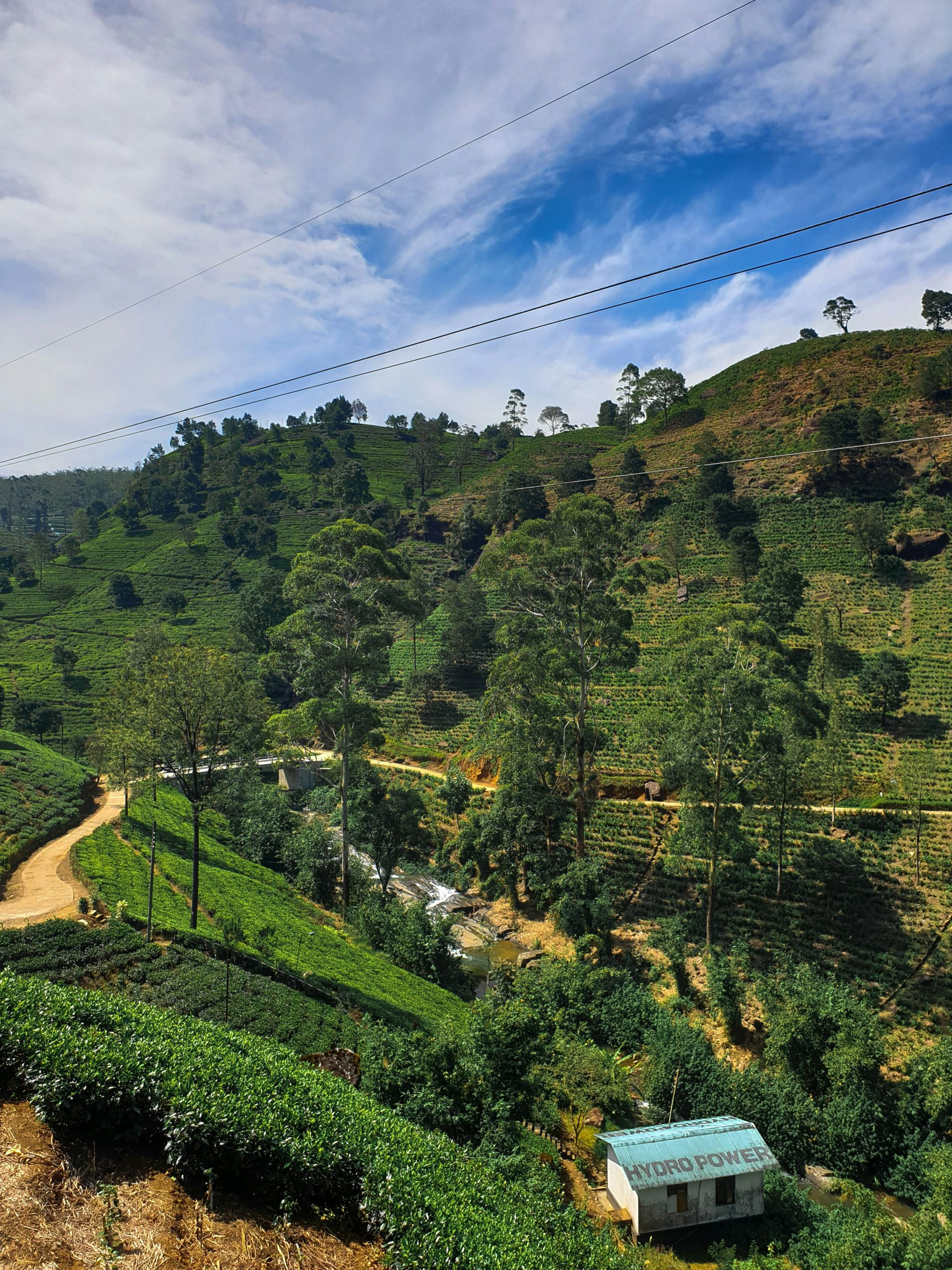- Introduction to Ceylon Tea
- History of Ceylon Tea
- Cultivation and Production of Ceylon Tea
- The Unique Characteristics of Ceylon Tea
- Health Benefits of Ceylon Tea
- Popular Varieties of Ceylon Tea
- Brewing and Serving Ceylon Tea
- The Economic Impact of Ceylon Tea
- Ceylon Tea Tourism and Experiences
- Conclusion and Future of Ceylon Tea
Introduction to Ceylon Tea
Ceylon tea is a beloved and highly sought-after beverage that has captivated tea enthusiasts around the world since its introduction in 1842. This article will delve into the rich history, cultivation, unique characteristics, health benefits, popular varieties, brewing techniques, economic impact, and tourism experiences associated with Ceylon tea.
History of Ceylon Tea
The story of Ceylon tea begins with the arrival of the British in Sri Lanka, formerly known as Ceylon. The island’s favorable climate and fertile soil proved to be ideal for growing tea plants, and the British quickly recognized the potential for a thriving tea industry. The cultivation of tea began in the mid-19th century and gradually gained momentum, eventually transforming Sri Lanka into one of the largest tea-producing nations in the world.
Cultivation and Production of Ceylon Tea
Cultivating Ceylon tea requires meticulous attention to detail and a deep understanding of the tea plant, Camellia sinensis. The tea estates of Sri Lanka are meticulously managed, with skilled workers carefully tending to the tea bushes, plucking only the finest leaves and buds. The plucked leaves then undergo a complex process of withering, rolling, oxidation, and drying to bring out the distinct flavors and aromas that Ceylon tea is renowned for.
The Unique Characteristics of Ceylon Tea
Ceylon tea is characterized by its diverse range of flavors and aromas, which can vary depending on factors such as altitude, climate, and soil conditions. From the delicate and floral notes of high-grown teas to the robust and bold flavors of low-grown teas, there is a Ceylon tea to suit every palate. Furthermore, Ceylon tea is prized for its bright and lively liquor, making it a refreshing and invigorating beverage.
Health Benefits of Ceylon Tea
Studies have shown that Ceylon tea is not only a delicious beverage but also offers numerous health benefits. Rich in antioxidants, Ceylon tea helps boost the immune system, promotes heart health, and may even aid in weight management. Additionally, the natural compounds found in Ceylon tea are known to have anti-inflammatory and anti-cancer properties, making it a beverage that not only satisfies the taste buds but also supports overall well-being.
Popular Varieties of Ceylon Tea
When it comes to Ceylon tea, there is a wide array of varieties to choose from. From the exquisite and highly prized Uva and Nuwara Eliya teas to the robust and full-bodied Dimbula and Udapussellawa teas, each region of Sri Lanka contributes its own unique flavors and characteristics to the world of Ceylon tea. Whether you prefer black, green, or white tea, Ceylon tea offers a diverse range of options to satisfy every tea lover’s preferences.
Brewing and Serving Ceylon Tea
Proper brewing is essential to fully enjoy the flavors and aromas of Ceylon tea. For black teas, water at a temperature of 95°C is recommended, while green and white teas should be brewed at lower temperatures to preserve their delicate flavors. To enhance the tea-drinking experience, many tea connoisseurs prefer to serve Ceylon tea in fine porcelain or ceramic teaware, allowing the tea to be savored in all its glory.
The Economic Impact of Ceylon Tea
The tea industry plays a vital role in Sri Lanka’s economy, providing employment opportunities for thousands of workers and contributing significantly to the country’s export revenue. Ceylon tea’s global popularity has helped put Sri Lanka on the map as a top tea-producing nation, attracting tea enthusiasts and connoisseurs from around the world who seek to experience the unique flavors and traditions associated with this renowned beverage.
Ceylon Tea Tourism and Experiences
Ceylon tea has become a major attraction for tourists visiting Sri Lanka. Many tea estates offer guided tours, allowing visitors to witness the tea-making process firsthand, explore the lush tea gardens, and even partake in traditional tea tastings. The tea tourism industry has opened doors to immersive experiences, where visitors can immerse themselves in the world of Ceylon tea and gain a deeper appreciation for the art and science behind this beloved beverage.
Conclusion and Future of Ceylon Tea
In conclusion, Ceylon tea has established itself as a globally recognized and cherished beverage, renowned for its rich history, distinct flavors, and numerous health benefits. As the tea industry continues to evolve and adapt to changing consumer preferences, the future of Ceylon tea looks promising. With its unique characteristics and commitment to quality, Ceylon tea is poised to captivate tea lovers for generations to come.
And that concludes our SEO-friendly article on Ceylon tea. We hope you found it informative and enjoyable!





Add comment